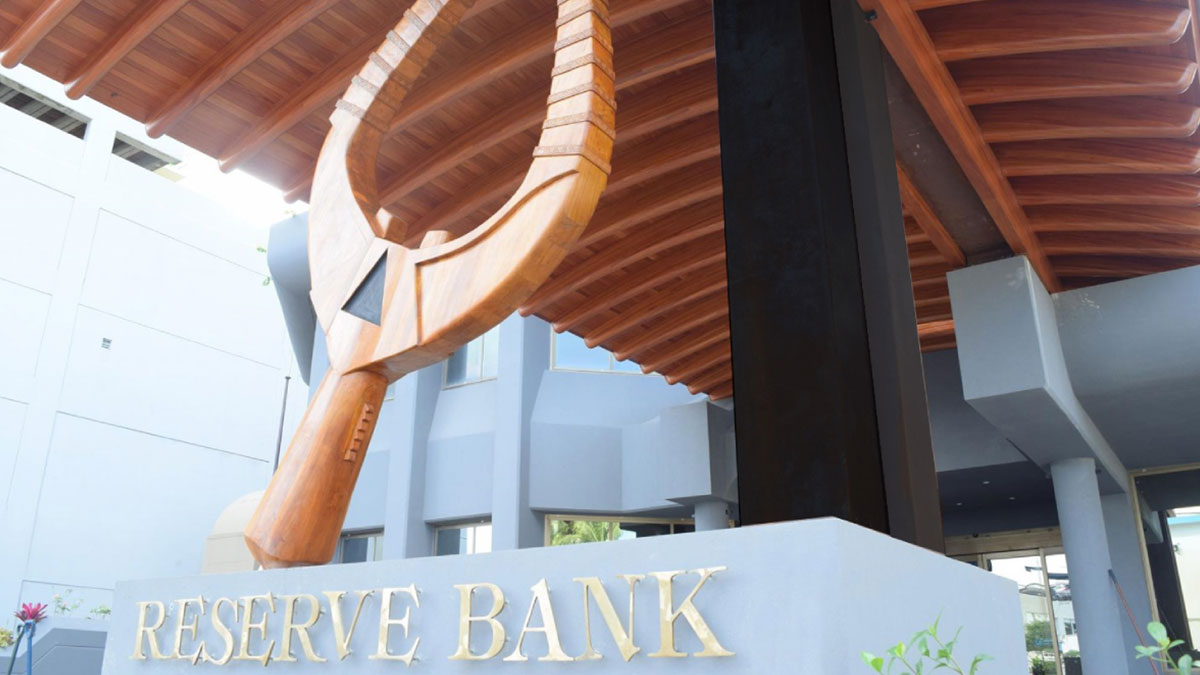
The war in Ukraine continues to subvert major commodity markets, supply chains and trading partner economies, causing imported inflation to surge to 10 percent while domestic inflation stood at 3.4 percent according to the Reserve Bank of Fiji.
Annual inflation was 5 percent in May, fuelled by higher food and energy prices.
The RBF says the secondround effects of these hikes are much more apparent now as, excluding food and fuel, underlying consumer prices rose by 4.7 percent.
The Central Bank says food inflation dipped in May due to the removal of VAT on the 21 food items but is still relatively high, with an average of 5.3 percent in the first five months.
The RBF says the year-end inflation at this stage is still forecast to reach 5 percent, with some upside risks to be considered in the upcoming review post the National Budget in July.
It says rising imported inflation remains a sizeable risk to the faster erosion of foreign reserves.
However the RBF says foreign reserves are forecast to remain adequate in the medium term, upheld by the rebounding tourism industry, higher inward remittances and Government loan drawdowns.
Foreign reserves are currently around $3.4 billion, equivalent to 7.9 months of retained imports of goods and services.
Meanwhile inward remittances rose by 16.7 percent to $387.6 million cumulative to May, supported by higher inflows via money transfer operators ($204.8m) and mobile network operators ($112.3m). Inward personal remittances is the money sent by people from overseas to their relatives and friends here.
The RBF also says since the pandemic, mobile network operators have gained increased popularity and transfer via this channel is growing steadily.
Meanwhile the RBF continued with its accommodative monetary policy stance in June, keeping the Overnight Policy Rate unchanged at 0.25 percent, as the outlook for foreign reserves remains stable while the inflation dynamics continue to be influenced by volatile global developments.
Stay tuned for the latest news on our radio stations

